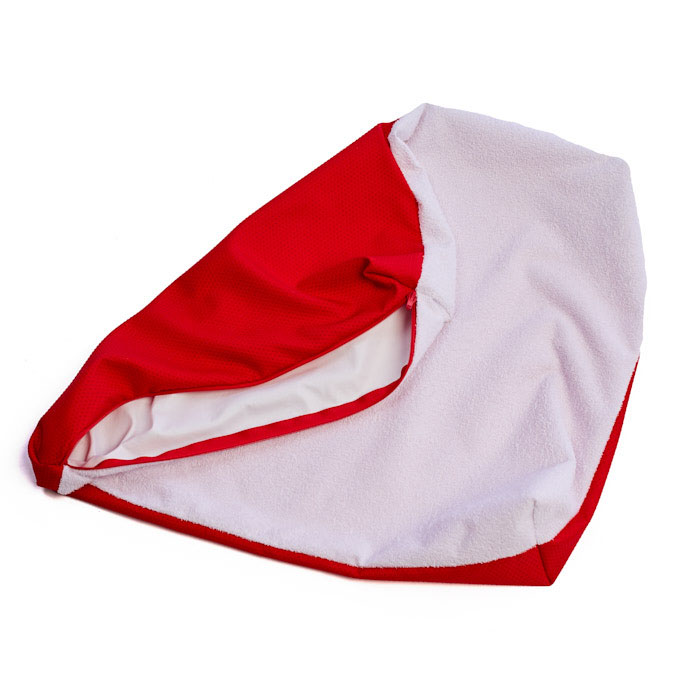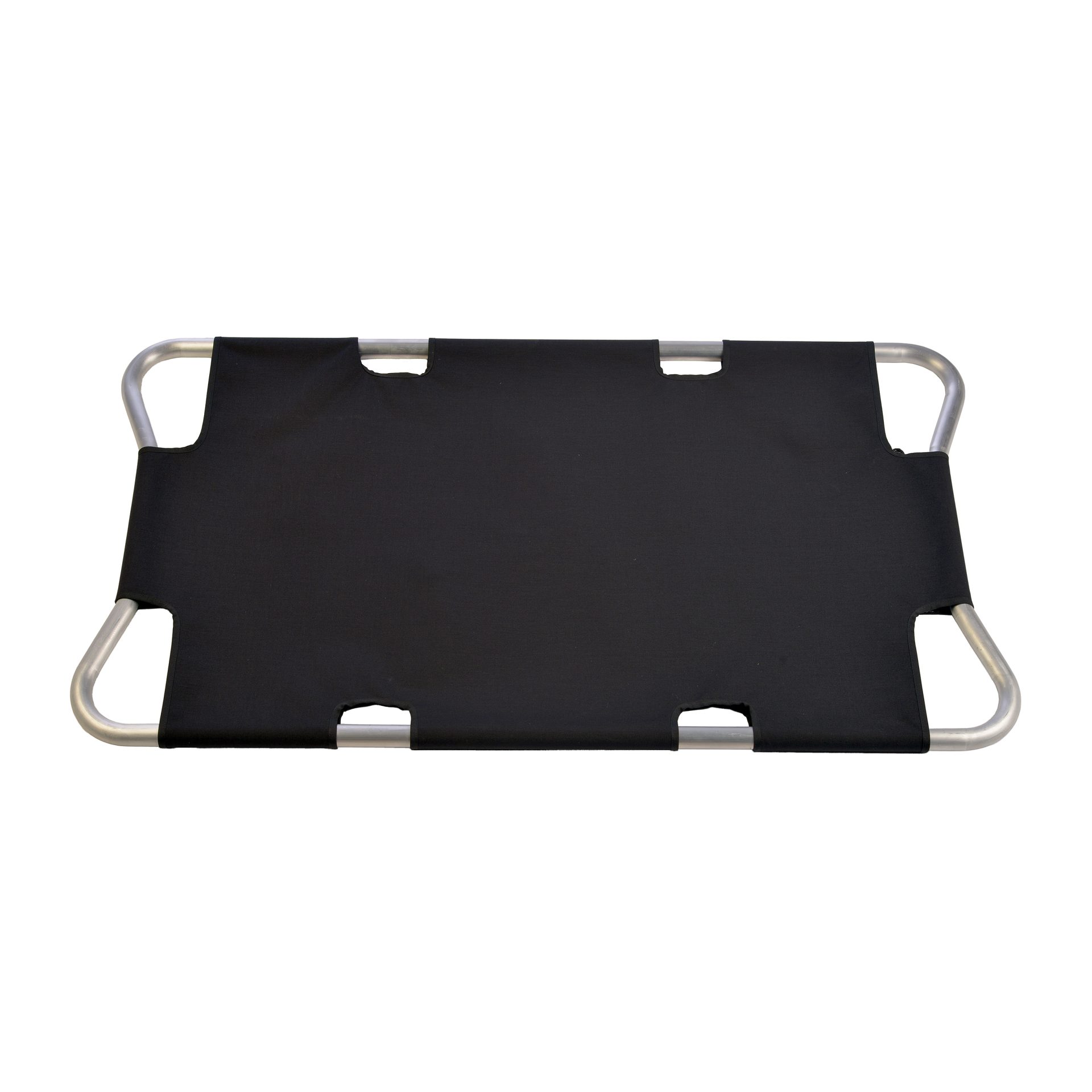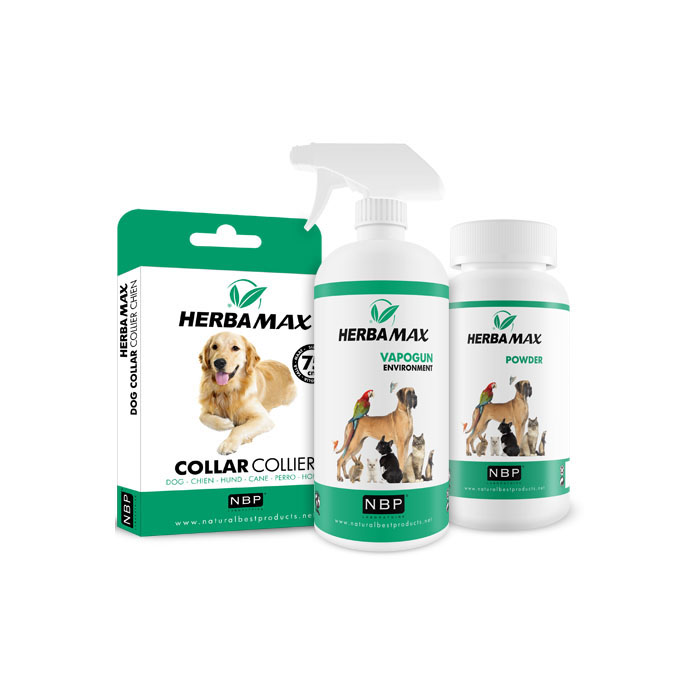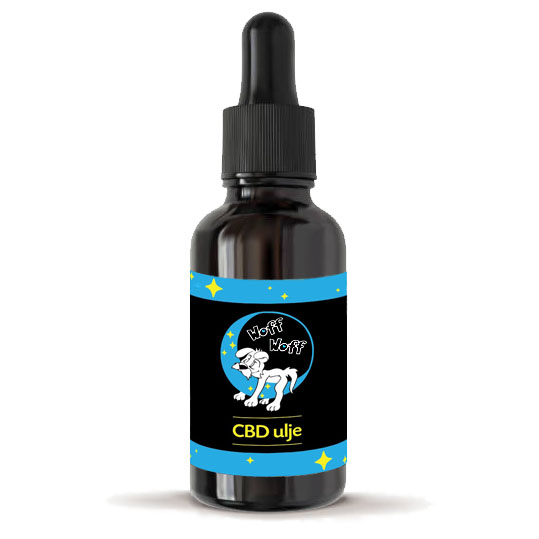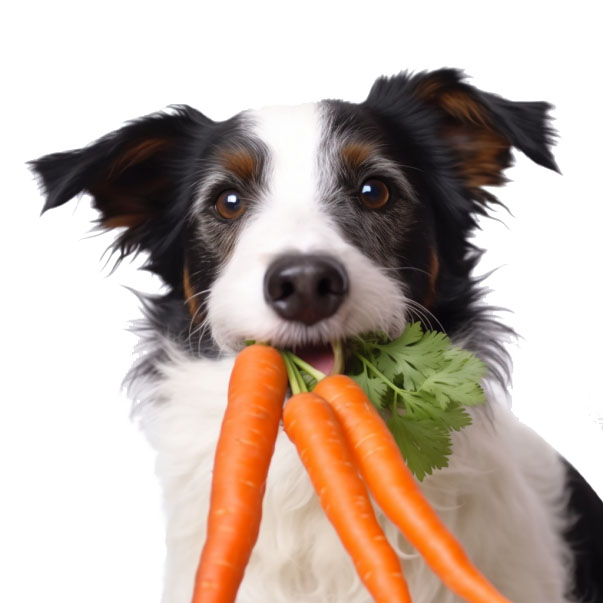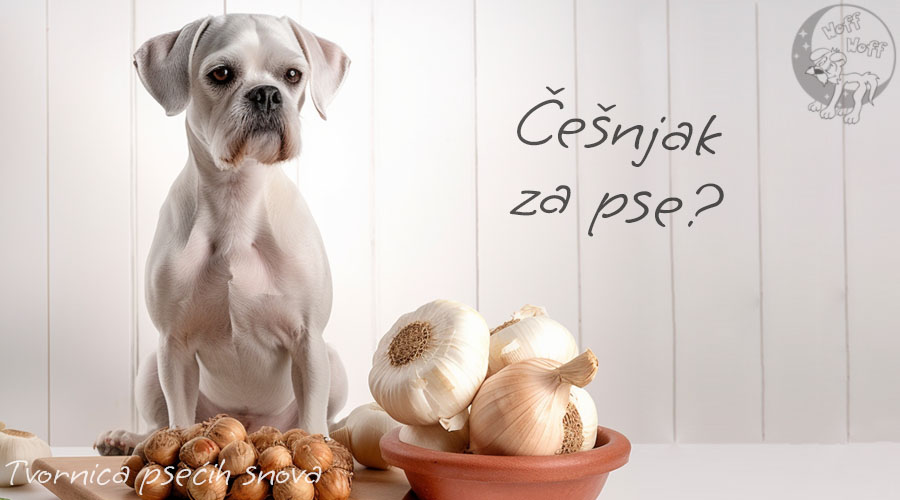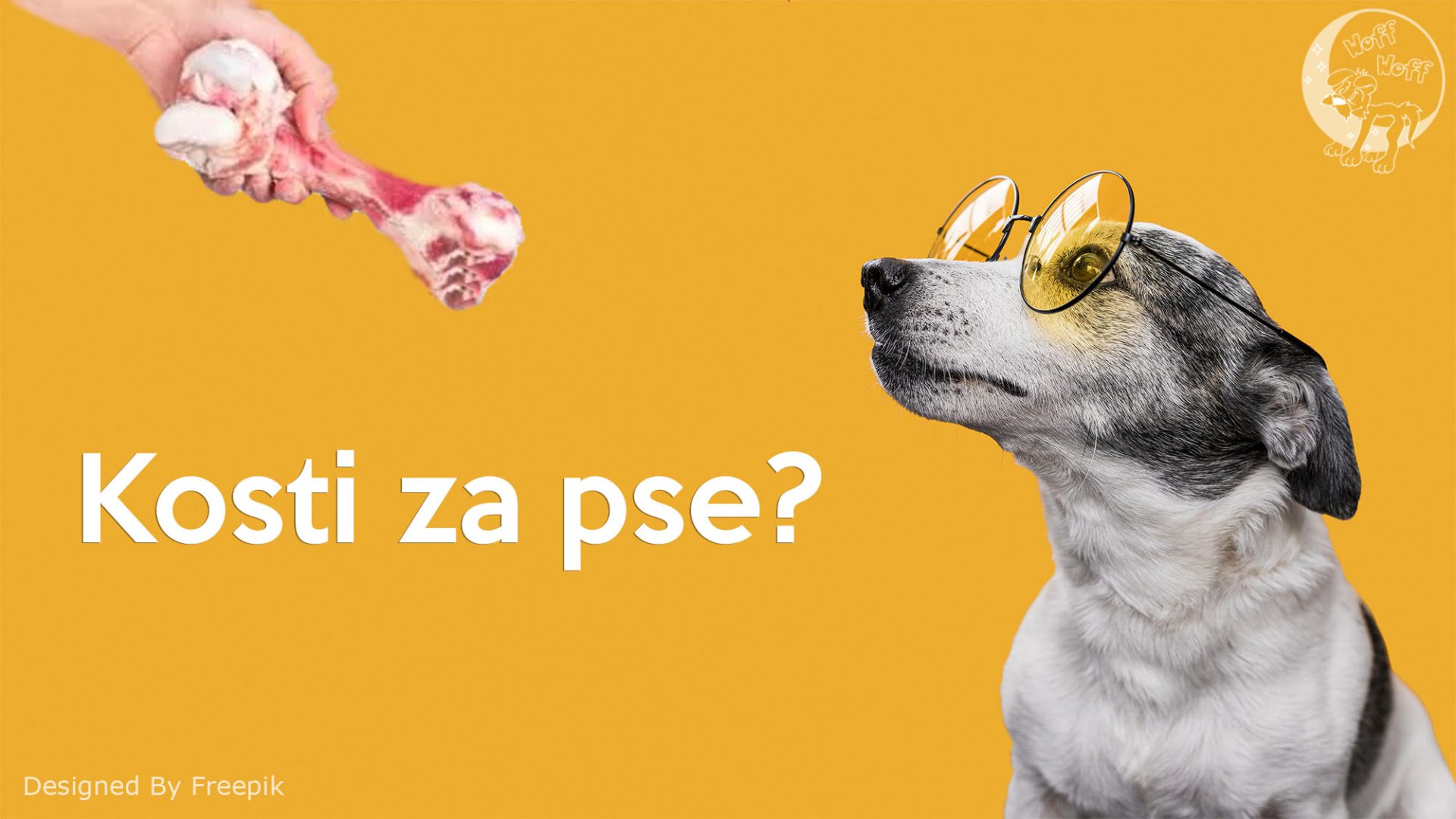If you look at any list of poisonous plants for dogs, garlic is on there, so many people think they can't. But don't worry when it comes to garlic for dogs!
First, here's why garlic is such a wonderful herb…
- Garlic is rich in inulin, amino acids, sulfur, zinc, potassium and phosphorus. It also contains vitamin A, C, calcium, magnesium, manganese, selenium, germanium and vitamin B complex.
- Garlic has a spicy taste that warms the body. Spicy herbs help energy move upwards, improving circulation. Garlic also has a positive effect on the lungs, colon, spleen and stomach.
- Garlic helps detoxify the body. It supports beneficial bacteria in the digestive tract and eliminates harmful bacteria. I use it in autumn, winter and early spring as a detox and to balance the digestive system.
- As a liver supporter, garlic breaks down waste before it enters the bloodstream. It also helps the dog absorb nutrients and eliminate waste throughout the digestive tract.
- Garlic is rich in sulfur and fructans. Fructans can cause indigestion in dogs suffering from leaky gut, inflammatory bowel disease and irritable bowel syndrome. When undigested fructans ferment in the small intestine, they can cause bloating, gas and constipation. The dog's digestive system should be healthy before you give it garlic.
6 benefits of garlic for dogs
Here are a few ways garlic helps keep dogs healthy:
- It prevents the formation of blood clots
- It reduces the accumulation of cholesterol
- Dilates blood vessels
- It helps prevent the formation of tumors
- It stimulates the lymphatic system to remove waste
- Antibiotic, antifungal and antiparasitic action
Garlic as a remedy against fleas and ticks.
Garlic can help fight fleas and ticks if we give it to our dogs during the flea and tick season. It takes several weeks for garlic to accumulate in the natural oil of the dog's coat, so we start applying it before the insect season starts.
It is advisable not to bathe dogs too often during the flea and tick season.
Garlic is used every day for two weeks and then twice a week for maintenance.
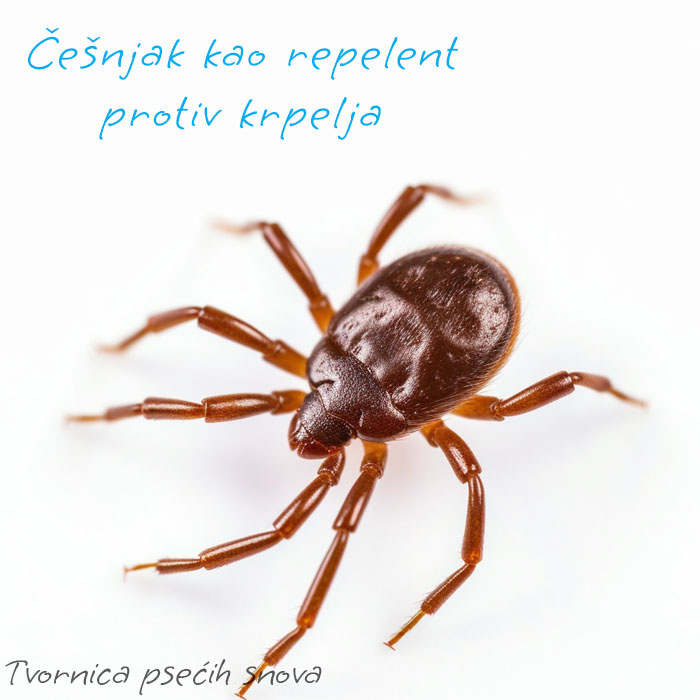
Garlic helps fight cancer
Garlic for dogs has shown promising results in colon, lung, stomach and rectal cancer. Garlic ingredients strengthen immunity and improve the effect of natural defense cells that destroy pathogenic bacteria and cancer cells.
Although there are only a few clinical trials studying the anti-cancer effects of garlic, the National Cancer Institute reports that several population studies show an association between increased garlic consumption and a reduced risk of several types of cancer.
The importance of fresh raw garlic
Do not use pre-chopped garlic in a jar or dried garlic from a bag.
When I say fresh, raw garlic, I really mean fresh, raw, organically grown garlic… Garlic that stays in the skin until 10 to 15 minutes before we give it to our dog. And buy organic garlic, preferably grown locally or in your own garden. Make sure you know where the garlic comes from. All garlic is not created equal.
Why is that important? We need active enzymes and the synergy of the whole plant to get the real benefits of garlic.
Raw garlic contains the enzyme alliinase. When we crush or chop garlic, alliinase combines with alliin to create allicin. Allicin is an active medicinal ingredient in garlic that gives it antibiotic, anti-cancer, antiviral and antioxidant properties. When we use raw garlic, we get a very healing effect of the whole plant. The effectiveness of the plant does not come from the action of any single chemical compound. Garlic extracts do not provide hundreds of chemical constituents that work together as they do in the plant. For example, the garlic extract that we can buy in health food stores does not contain allicin.
Is garlic bad for dogs?
Garlic is safe for dogs when fed in appropriate amounts. However, there are caveats for female bitches and some breeds such as the Akita and Shiba Inu.
Cattle bitches
Always be careful with any medicine or supplement for female bitches. Garlic also changes the taste of breast milk, so avoid giving it during lactation.
Puppies
Do not give garlic to puppies under eight months of age. Puppies do not produce new red blood cells until they are eight weeks old, so do not give them garlic.
Akita and Shiba Inu
Akitas and Shiba Inus can be sensitive to garlic and can develop an allergic-like reaction.
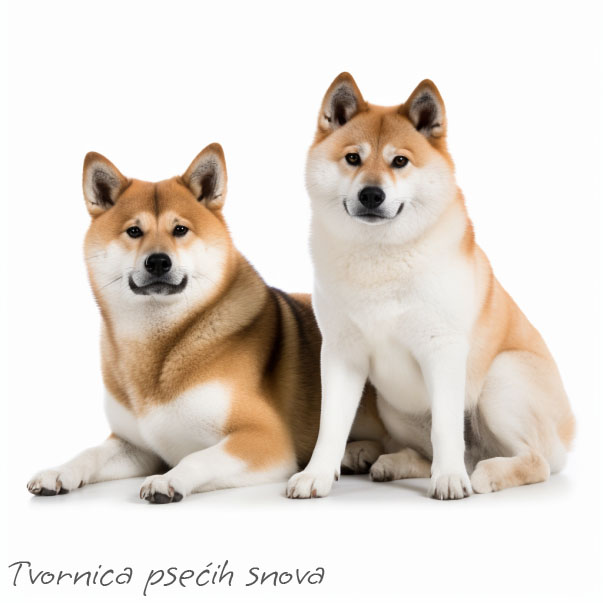
Interactions with drugs
Garlic can interact with several types of medication. Here's a short list of the ones you should be careful with:
Immunosuppressants, corticosteroids
Medicines for the heart
Chemotherapy drugs
Blood thinners
Insulin
Antacids
Medicines for high blood pressure.
Do not use garlic if your dog is taking any of these medications. Since garlic affects blood clotting, do not use it two weeks before the planned surgery.
Is garlic harmful to dogs?
When dog owners ask "can dogs eat garlic?" the answer is mostly NO.
The reason for this information is that most research studies base their findings on the effects of garlic extracts, excessive doses, and unnatural methods of application. Researchers rarely use fresh garlic for dogs because it is difficult to measure variations in whole herbal medicine.
One study in particular helped create garlic's reputation as a dangerous dog food. In this research, which they conducted KW Lee et al, they gave dogs 5 grams of garlic per kilogram per day.
That's an excessive amount. This means that you should give four full cloves of garlic (or 60 cloves) to a golden retriever, or 23 grams of garlic (6 to 8 cloves) to a 4.5kg dog, before adverse reactions occur.
Dosage is an important rule!
What is the amount of garlic I can give my dog?
If you want to give fresh, raw garlic to your dog, here are some dosage guidelines:
- Small breeds: 1/2 lobe per day
- Medium breeds: 1 lobe per day
- Large breeds: 2 lobes per day
If your dog is sensitive to garlic or you are giving it for the first time, you can start with a smaller dose and gradually increase until you reach the recommended amount.
These dosage guidelines are for fresh, raw garlic. If using garlic in another form, such as powder or oil, follow the manufacturer's instructions or consult your veterinarian.
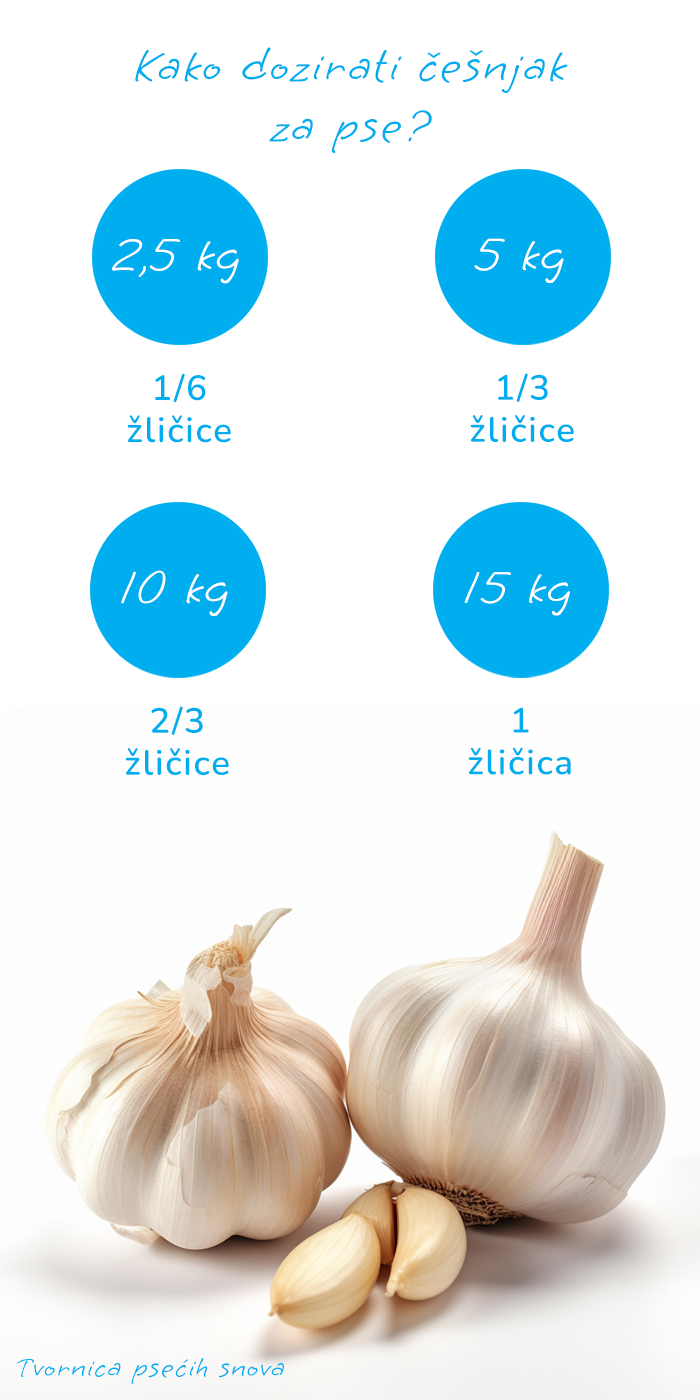
For my dogs, I use garlic in the fall, winter, and early spring, while some use it year-round. When you give garlic regularly, I recommend giving it every other week.
It is important to remember that every muzzle is unique and there may be exceptions. If you have any doubts or concerns, always consult a holistic veterinarian before giving garlic or any other supplement to your dog.
Join the Woff Woff group at Facebook









